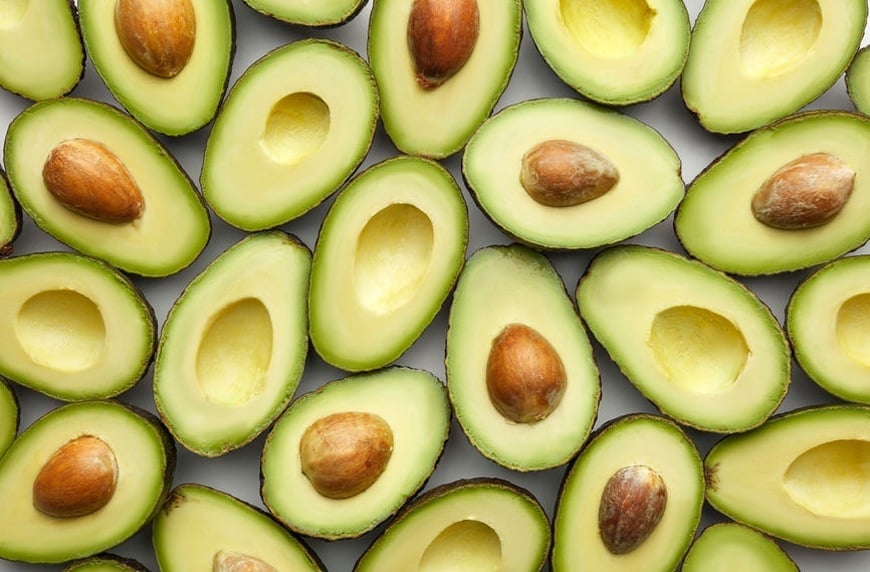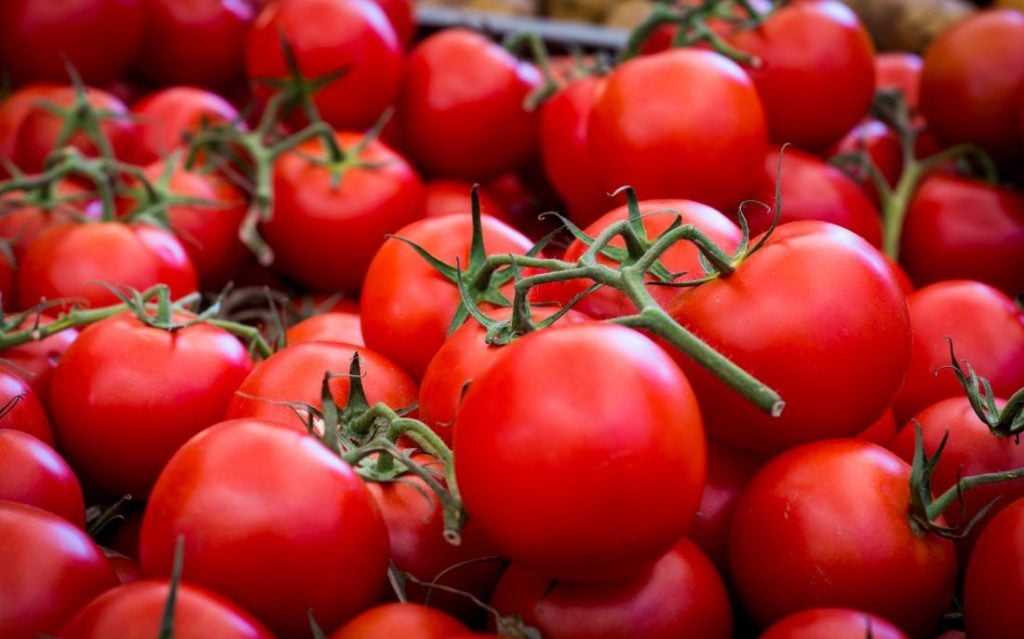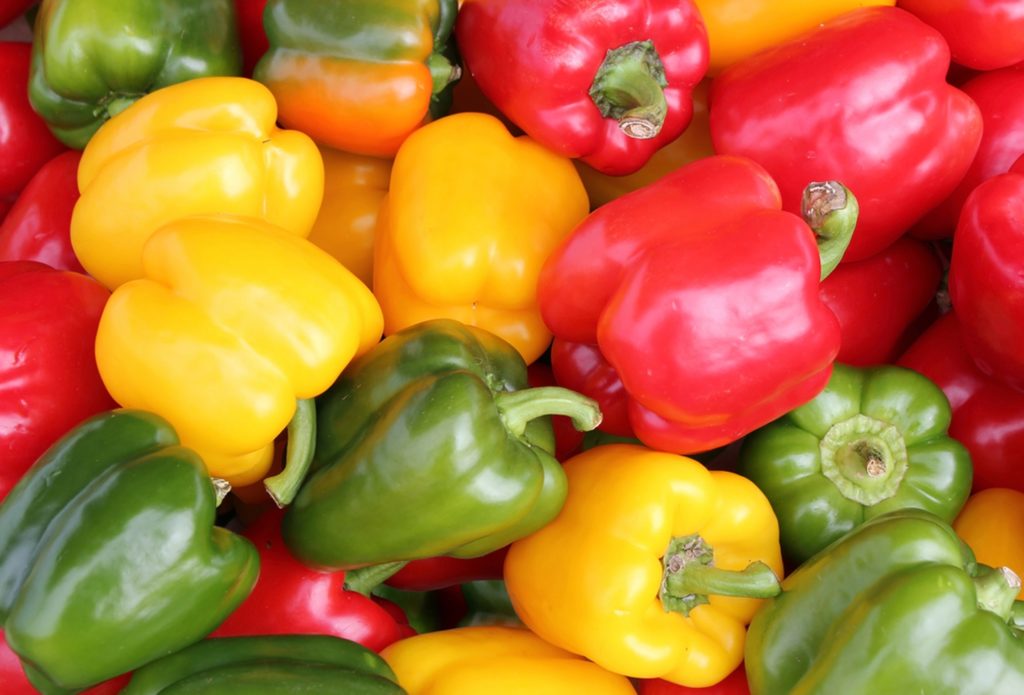Food waste is a major concern for big and small households alike, especially during this period when we tend to buy more than we need, concerned we might run out of anything crucial (which never really happens). The worst problem is fruits, since most (if not all) of them go bad in a few short days, before we even had a chance to enjoy them. If you’re tired of seeing your fruits turn brown and mushy, take a look at these tricks that will help your food last longer.
Avocados
Despite common belief, avocado is a fruit and not a vegetable, and it goes amazing in salads, tacos, sandwiches or even when we make guacamole out of them. However, when it comes to conserving it, it gets a bit tricky. Keep in mind that if you refrigerate your unpeeled avocados too early, they won’t ripen completely, which is why you should only store them in the refrigerator once ripe, from which point they can last in the refrigerator up to two weeks.

What about storing half of an avocado? When the fruit is already opened and exposed to the air, the flesh oxidizes quickly and starts to turn brown. There are a few tricks we can do to prevent that. Adding a few squeezes of lemon helps to prevent the darkening process, as its acidity helps stop oxidation. Likewise, wrapping the avocado or saving it inside a container before putting it in the refrigerator limits the amount of oxygen that reaches the flesh, deterring the oxidation.
Tomatoes
Yes, tomatoes are also a fruit, which might be tricky to store. If you want your tomatoes to stay plump and fresh for a long time, we got some tricks for you. Just like avocados, tomatoes shouldn’t be stored in the refrigerator unless they are fully ripe, otherwise you’ll never get a ripe tomato. It’s recommended to leave them out at room temperature and keep them stem side down until they ripe, as this will keep them fresher for a longer time. Additionally, if you don’t want the flesh to get mushy or mealy, don’t leave it inside the refrigerator more than a couple of days.

Bell Peppers
Who doesn’t enjoy that fresh, savory smell of peppers? This fruit can go with almost any meal we consume, and although they do not have a flesh inside, bell peppers have seeds, which makes them a fruit. When storing peppers, there are a few rules to follow: whenever you buy bell peppers, do not wash them before storing them, as any moisture on them will make them rot faster in the fridge. If you do wash them, be sure to pat them dry before storing them. If you’ve already cut the pepper and want to conserve what remains of it, you can do so by wrapping the shopped peppers in a paper towel, and putting it inside a sealed container.

Second, do not store them in airtight bags, as peppers need airflow to be kept fresh. Despite what we might think, airtight bags just make bell peppers spoil faster. Finally, do not save peppers next to other fruits, as fruits produce a gas called ethylene, and will cause the bell peppers to rot faster.